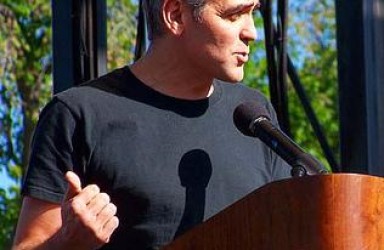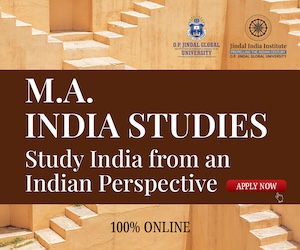The Globalization of Religious Advocacy in America
National religious lobbies and advocacy organizations represent a growing phenomenon of political life in America. One of the striking recent developments is the globalization of the focus, constituencies, and vision of this religious political advocacy. From the beginning of the republic, national religious interest groups have focused periodically on international relations.
The story of cap and trade
The ongoing negotiations in Copenhagen, which are slated to end Friday, are apparently at a “critical juncture” according to U.S. Secretary of State Hillary Clinton. The United States inched closer to the views of its European allies today.
OBAMA ALMOST MAKES THE RIGHT DECISION
A recent report indicated that President Obama had finally made a security policy related decision—not on his Afghanistan strategy which is yet to be announced– but rather on whether or not his administration would seek to have the US sign the treaty banning the production and use of anti-personnel land mines, a treaty that 156 other nations have already signed.
Dirty energy subsidies
Last August, the UN Environmental Programme reported that “around $300 billion or 0.7 per cent of global GDP is being spent on energy subsidies annually.” These subsidies are particularly important because most are devoted to fossil fuels.
WHERE HAVE ALL THE NATION BUILDERS GONE?
Six months ago the US military was being praised by many security specialists as finally having gotten it – understanding that its future was counter-insurgency best practices which means nation building under fire from insurgents in the world’s toughest neighborhoods. Yes, it had taken a while, but the military’s top leadership had finally seen the light.
Is Al-Qaeda on the brink of conducting new wave of attacks in the West?
Al-Qaeda’s External Operations Unit has traditionally been the sole arm of the organization to conduct terrorist attacks in the international arena. Its last successful attack took place in London on July 2005. All subsequent attempts to carry out attacks have failed. Recent intelligence suggests new attacks may be imminent.
Taking Celebrity Diplomacy Seriously in International Relations
Celebrities, both in the world of entertainment and business entrepreneurship, are vibrant and embedded actors on the global stage and as such, need to be taken seriously as a component of International Relations. Rather than being viewed as an unanticipated intrusion that diminishes the discipline, taking celebrity diplomacy seriously reveals IRs rich capacity for inclusion and adaptation.
Weep for OPEC?
Representatives from the Organization of Petroleum Exporting Countries (OPEC) are meeting in Vienna this week and the looming threat of Copenhagen is clearly on their agenda. I wrote “threat of Copenhagen” because OPEC states are primarily devoted to selling a commodity that is a significant source of climate change.
International Law and the Bush Doctrine
The Bush doctrine took shape throughout the aftermath of the 9/11 attacks, developing in various speeches by the President and high ranking staff. This essay considers how the doctrine complimented, or challenged international law.
Islam and politics In Nigeria
Many will exclaim: religious violence in Nigeria again! And the Western media has dubbed the current outbreaks as something new, with a label, “Taliban style” to connect it with its global narrative on terrorism. There was major religious violence in Jos last year, and indeed many cases before then. There will be new cases in the future. This brief piece will supply the context to understand the current, previous and future cases of violence.









